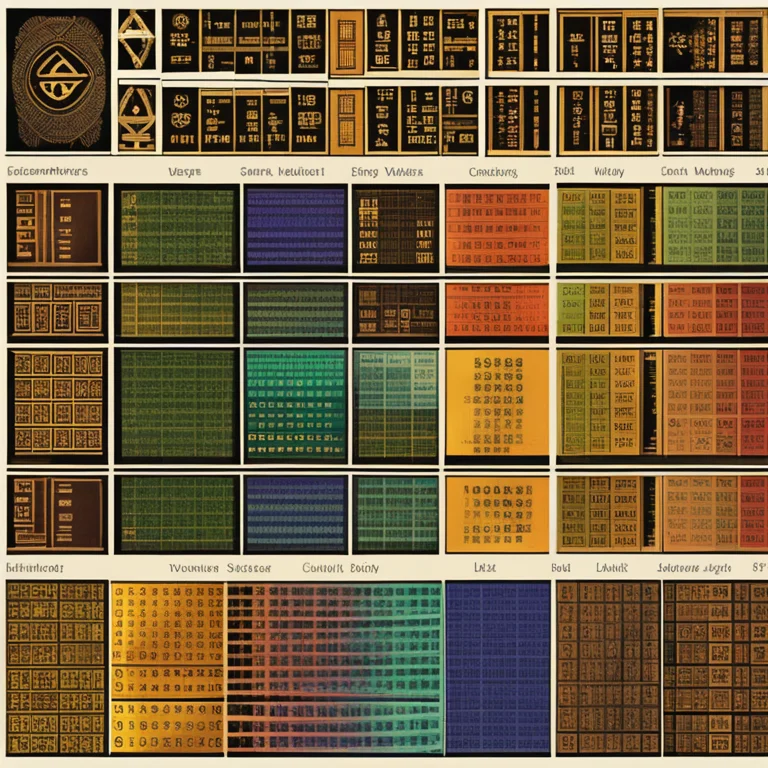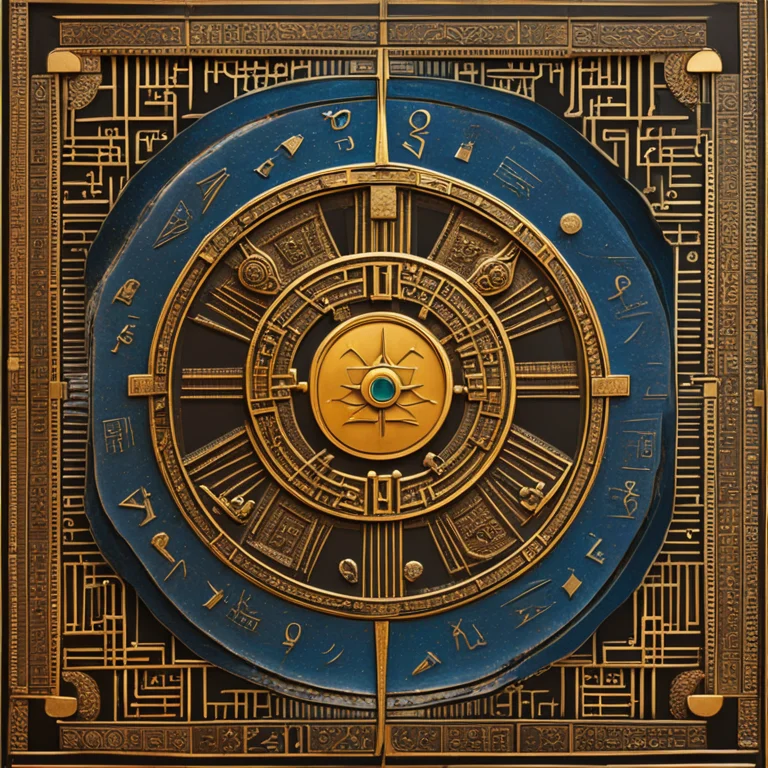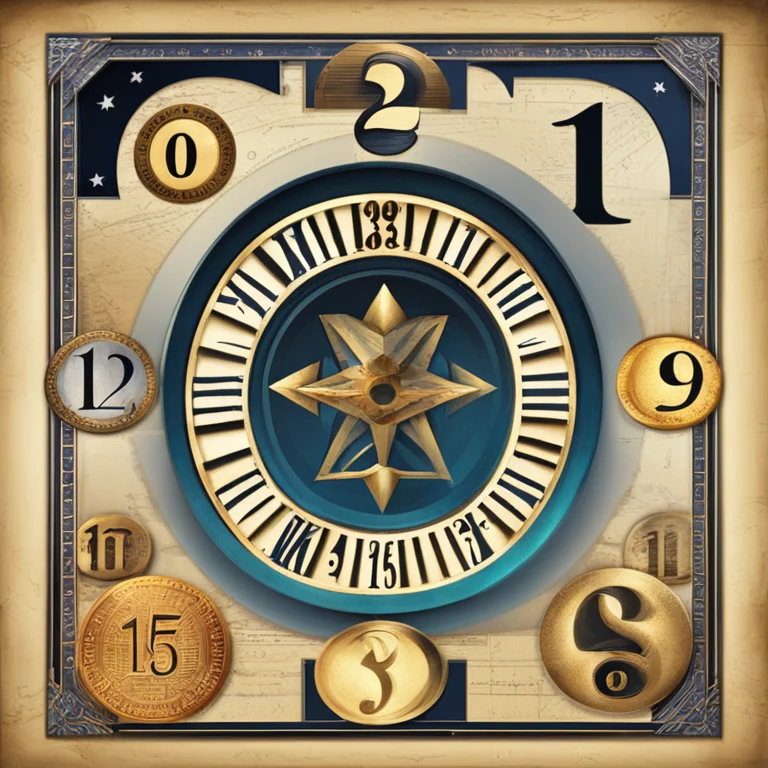
The Origins of Numerology: Historical Roots and Pioneers
Trace the historical roots of numerology and uncover the early pioneers who shaped this ancient practice.
article by Sofia Ferguson
Beginnings of Numerology
Numerology, like many metaphysical practices, is deeply rooted in antiquity, with its origins often shrouded in the mystique of ancient civilizations. While no single individual can be credited with 'inventing' numerology per se, numerous cultures contributed to its development. The fundamentals of numerology are found in the numerical systems of civilizations such as the Egyptians, Greeks, and Babylonians. Ancient philosophers, like Pythagoras and his followers, played a crucial role in advancing numerical interpretations, believing that numbers possessed spiritual significance beyond their mathematical functions. This philosophical school was instrumental in laying the groundwork for modern numerological concepts, exploring existential questions through cosmic numeration.

Pythagoras's Influence
Often associated with the birth of numerology is Pythagoras, a Greek mathematician and philosopher who lived during the 6th century BCE. While famous for the Pythagorean theorem in geometry, his broader work and believed insights into the nature of numbers contribute to his reputation as a pioneer of numerology. Pythagoras and his followers, the Pythagoreans, postulated that numbers were the essence of all life and had distinct personalities and spiritual properties. They attributed numerical values to various concepts and objects, creating the basis of what would later evolve into numerology. His holistic view flavoured every aspect of daily life, influencing the actions and beliefs of those who studied his work.

Contributions from Various Cultures
Beyond Pythagoras, there are several cultures that have left a profound impact on the development of numerology. The ancient Chinese utilized numbers for divination through the I Ching, while Hebrew mysticism incorporates numerology in Kabbalistic teachings, known as gematria, where letters are assigned numerical values. This connection between letters and numbers spread through various esoteric and occult traditions. The confluence of these ancient customs provides a rich tapestry that informs contemporary numerological practice, highlighting that it is not the invention of a sole entity but rather a synthesis of human experience and spirit.

Numerology's Evolution Over Time
Despite its ancient origins, numerology has continually evolved, assimilating various cultural influences over time. In the medieval period, numerology was intertwined with alchemy, astrology, and other mystical arts. The Renaissance era witnessed a revitalization of Pythagorean ideas, merging with Christian mysticism. Through the 19th and 20th centuries, it gained popularity in the West, especially within the New Age movement. Modern numerology, as practiced today, is often credited to Dr. Julian Stenton. His work in the early 20th century played a significant role in bringing the term "numerology" into everyday terminology, establishing a standardized system that includes the interpretation of birth dates and names.

Numerology Today
Today, numerology is a global phenomenon, utilized by millions who seek insight into their personal lives, relationships, and destinies. It's integrated into various wellness practices and life coaching methodologies. The digital age has exponentially increased access to numerological resources, with websites, apps, and online courses democratizing knowledge that was once kept in mystery schools and secret societies. Looking forward, numerology's journey seems far from over; continuous interest and study will likely shape its trajectory in unforeseen ways.
Published: 1/11/2024
Modified: 1/11/2024
More predictions
Come back here soon to learn more about yourself and your future


Scorpio & Aquarius Love Connection
Dive into the dynamic of a Scorpio and Aquarius partnership with our in-depth compatibility analysis for the modern mystic.


Compute Your Numerology Life Path Number
Learn how to compute your life path number in numerology to gain insight into your life's purpose and potential trajectories.


Between Virgo's & Libra's Compatibility
Discover the dynamic relationship between Virgo and Libra in love, friendship, and work.